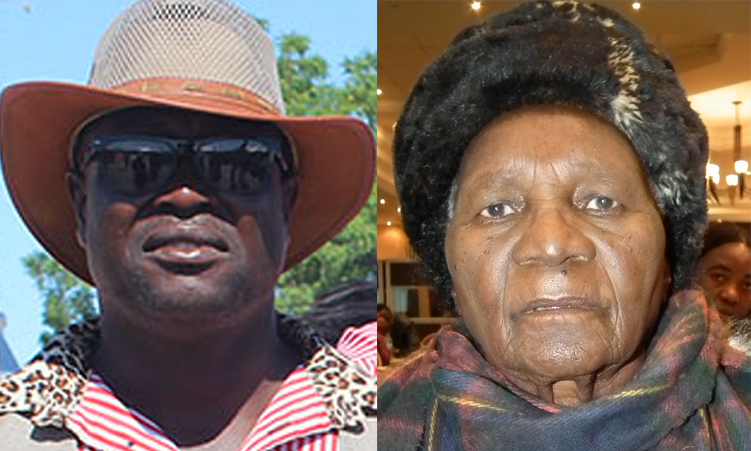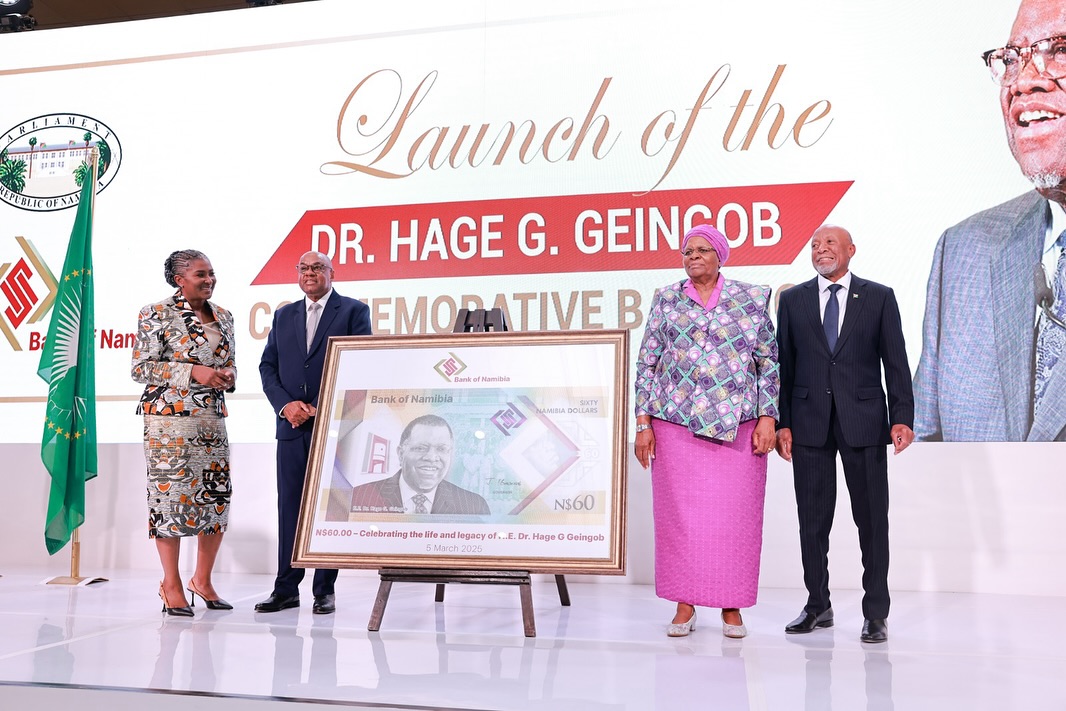MORE can be done to uplift the lives of the country’s impoverished, the majority of whom live in the rural areas.
This call was made by the Women’s Action for Development (WAD) Executive Director, Veronica De Klerk, at an event held in Windhoek on Friday. She challenged the business sector to be aggressively involved in strengthening the local economy.She said economic independence is what Namibia should be fighting for, adding that all relevant stakeholders should be involved for Vision 2030 to be realised.”It would appear as though one of the hangovers of the colonial era – the ‘import syndrome’, which is still plaguing Namibian businesses…simply cannot be shaken off.”De Klerk was speaking to the business community on WAD’s latest projects and urged them to assist her organisation with funding for its projects, and in turn create employment for people in the rural areas.Responding to the call, Old Mutual Namibia and Nedbank donated N$30 000 towards a project by WAD members in the rural areas who are making linen shopping bags and money bags.Speaking at the same occasion, Minister of Trade and Industry Immanuel Ngatjizeko said it was unfortunate that most Namibians lacked entrepreneurial skills and attitude, adding that it was mostly women who were taking up the challenge of adding value to locally produced raw materials.He said it was time to see locally produced goods in supermarkets and shops in the country, stressing that Namibia should no longer be a dumping ground for products from elsewhere.He said his Ministry had received many complaints and requests for intervention from local entrepreneurs whose products were being shunned by major retail outlets – which are mostly foreign owned.Complaints, he said, were coming from local manufacturers of diverse products such as detergents, body creams, arts and crafts, toilet paper, foodstuffs and many more.”A disturbing situation has been prevailing in Namibia for some time now, whereby the local retail and distribution network is accused of deliberately avoiding locally produced goods and services in favour of imports.Whilst the Government is not in the business of dictating to the private sector as far as procurement is concerned, we are in the business of ensuring that all our citizens enjoy the benefits of creativity and innovation,” he said.She challenged the business sector to be aggressively involved in strengthening the local economy.She said economic independence is what Namibia should be fighting for, adding that all relevant stakeholders should be involved for Vision 2030 to be realised.”It would appear as though one of the hangovers of the colonial era – the ‘import syndrome’, which is still plaguing Namibian businesses…simply cannot be shaken off.”De Klerk was speaking to the business community on WAD’s latest projects and urged them to assist her organisation with funding for its projects, and in turn create employment for people in the rural areas.Responding to the call, Old Mutual Namibia and Nedbank donated N$30 000 towards a project by WAD members in the rural areas who are making linen shopping bags and money bags.Speaking at the same occasion, Minister of Trade and Industry Immanuel Ngatjizeko said it was unfortunate that most Namibians lacked entrepreneurial skills and attitude, adding that it was mostly women who were taking up the challenge of adding value to locally produced raw materials.He said it was time to see locally produced goods in supermarkets and shops in the country, stressing that Namibia should no longer be a dumping ground for products from elsewhere.He said his Ministry had received many complaints and requests for intervention from local entrepreneurs whose products were being shunned by major retail outlets – which are mostly foreign owned.Complaints, he said, were coming from local manufacturers of diverse products such as detergents, body creams, arts and crafts, toilet paper, foodstuffs and many more.”A disturbing situation has been prevailing in Namibia for some time now, whereby the local retail and distribution network is accused of deliberately avoiding locally produced goods and services in favour of imports.Whilst the Government is not in the business of dictating to the private sector as far as procurement is concerned, we are in the business of ensuring that all our citizens enjoy the benefits of creativity and innovation,” he said.
Stay informed with The Namibian – your source for credible journalism. Get in-depth reporting and opinions for
only N$85 a month. Invest in journalism, invest in democracy –
Subscribe Now!










